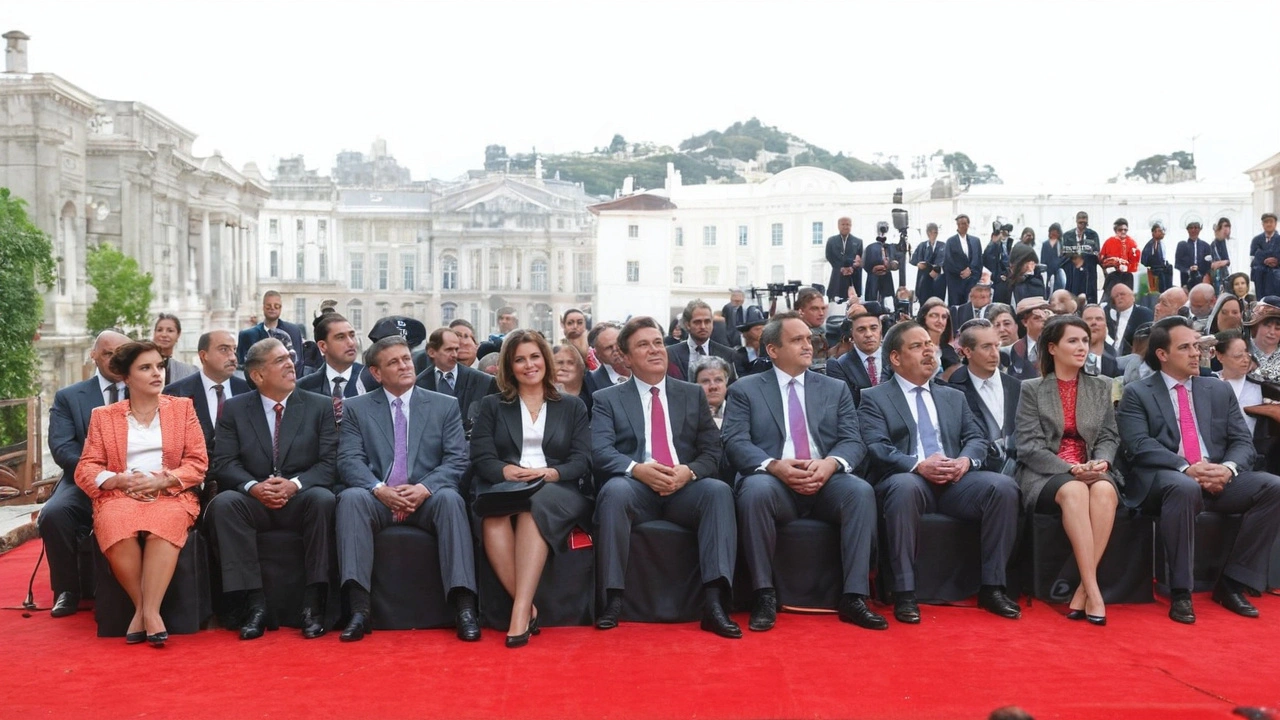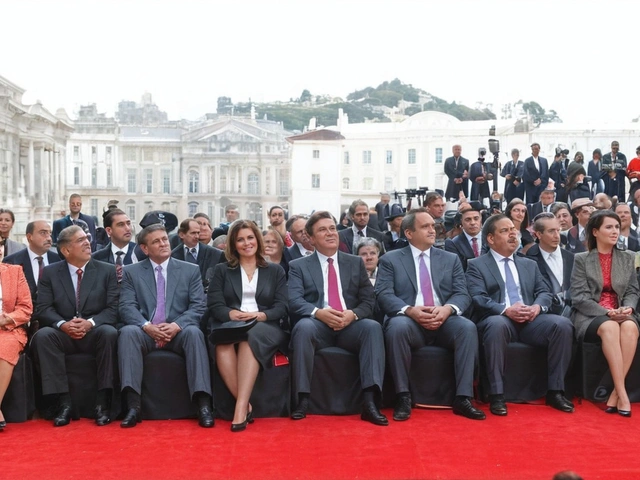
Kenyan Government Implements Mandatory Vetting for Public Officers to Enhance Transparency
In a decisive effort to reshape and modernize the Kenyan public service, President William Ruto has instituted a policy mandating that all public officers go through rigorous vetting procedures. Announced with an emphasis on enhancing transparency and accountability, this policy aims to ensure that only those who are both competent and honest remain in positions of authority.
Details of the Vetting Process
The mandatory vetting process outlined by Ruto is designed to be comprehensive and multidimensional. It will be conducted by various government agencies and will involve thorough background checks, a careful review of qualifications, and stringent assessments of professional integrity. Embracing a more rigorous approach, this new vetting policy will scrutinize not only high-ranking officials but extend its reach to include lower-level employees as well. By ensuring that every public officer is subjected to this level of scrutiny, the government aims to foster a culture where accountability and transparency are the norms.
President's Vision for Reform
President Ruto's initiative is part of a wider agenda aimed at reforming the public sector. Acknowledging the urgent need to combat corruption and improve governance, he underscores the importance of such measures in restoring public trust in the administration. This move is expected to trigger significant changes across all government departments, reinforcing the principle that public service is a responsibility that must be held to the highest ethical standards.
The notion of mandatory vetting isn't new to Kenya but has now been given renewed focus under Ruto's administration. Historically, various reforms have been deployed to address inefficiencies and corruption within the public sector. However, many of these measures have been criticized for their failure to deliver tangible results. Ruto's approach appears to be different—with a more hands-on and transparent methodology, he believes that this will mark the beginning of a new era in Kenya's public service.
Impact on Public Trust and Governance
The potential impact of this policy on public trust cannot be overstated. By subjecting public officers to rigorous vetting, the administration aims to reassure citizens that their leaders are both capable and trustworthy. In turn, this is likely to boost confidence in public institutions and instill a sense of respect for the rule of law. Furthermore, this initiative aligns with global standards of good governance, positioning Kenya as a nation committed to ethical leadership.
Public sentiment about the government's efforts to tackle corruption has often been mixed. While there have been commendable efforts in the past, they have frequently been overshadowed by high-profile corruption scandals and a perceived lack of accountability among public officials. Ruto’s policy has the potential to change this narrative by rigorously vetting individuals and holding them accountable from the outset.
Implementation Challenges
Despite its promising outlook, the implementation of this policy is not without challenges. The sheer scale of the public sector means that carrying out extensive background checks and assessments for each public officer is a demanding task. Moreover, the government must ensure that the vetting process is conducted fairly and without bias to maintain its integrity. Resources will need to be allocated effectively, and the agencies involved will have to operate with high levels of coordination and efficiency.
The success of this initiative will largely depend on the cooperation of various stakeholders, including the public officers themselves. Initial resistance is expected, particularly from those who might feel threatened by such stringent scrutiny. However, the administration believes that the long-term benefits far outweigh the short-term challenges, and they are prepared to navigate these hurdles to achieve their goal of a transparent and accountable public service.
A Historical Perspective
Looking back at Kenya’s history of public sector reforms, it's clear that this new vetting policy is a significant step forward. Over the years, there have been numerous attempts to tackle corruption and inefficiency, but many have fallen short. The introduction of this comprehensive vetting process represents a more determined and structured approach to tackling these issues. It builds on lessons learned from past efforts, aiming to create a more robust and enduring framework for public service accountability.
Examining similar initiatives globally, countries that have successfully implemented transparency measures have seen marked improvements in governance and public trust. Kenya stands to gain substantially if the vetting process is executed with precision and integrity.
The Broader Agenda
This vetting initiative is part of a larger vision that Ruto has for Kenya. Beyond merely addressing corruption and competency, it is about creating a public sector that embodies the highest standards of ethical behavior and professional excellence. By doing so, it sets a precedent for future reforms and positions Kenya as a leader in governance within the region.
President Ruto has made it clear that his administration will not tolerate any form of malpractice within the public service. The mandatory vetting policy is just one piece of a broader strategy that includes legislative reforms, enhanced whistleblower protections, and a more transparent judicial process. Together, these measures aim to create a holistic approach to governance that is both comprehensive and sustainable.
In conclusion, the mandatory vetting of public officers in Kenya is a bold and ambitious move that reflects President Ruto's commitment to transparency, accountability, and ethical governance. While challenges are expected, the potential benefits of such a policy are immense. If successful, it could lead to a more competent, trustworthy, and efficient public sector that truly serves the interests of the Kenyan people.









